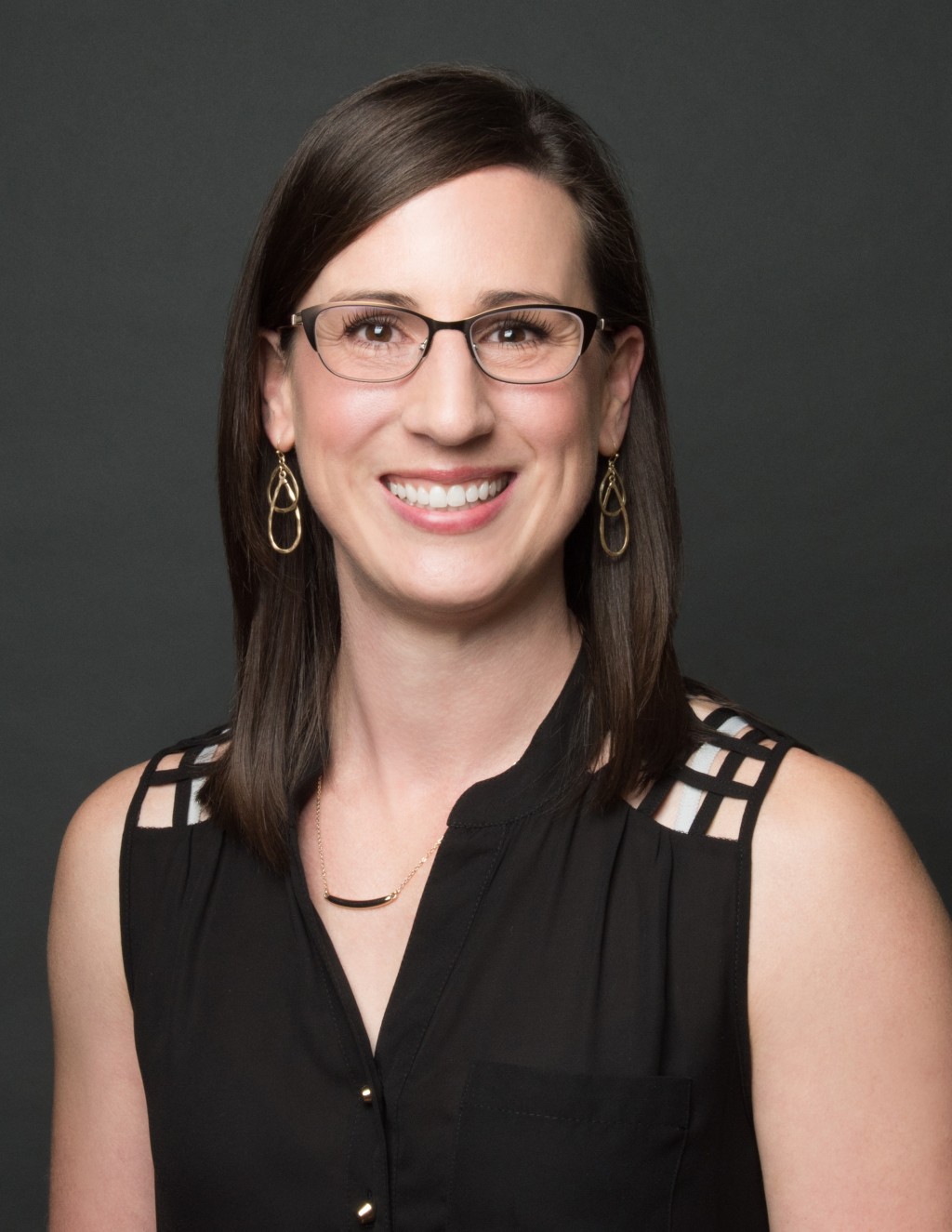Kidney Stones: What You Need to Know
November 03, 2020
By Dr. Leah Chiles
Urologist at Paris Urology
Kidney stones affect 5-12 percent of Americans, and recent reports suggest that the prevalence of kidney stone disease is increasing. Most stones (80 percent) are composed of calcium. While some people are genetically predisposed to stones, most kidney stones formed in the United States population are related to dietary factors. In this article, I will touch on common symptoms, evaluation and treatment of kidney stones, along with dietary modifications for prevention of stones.
Urinary stones found in the kidney that are not blocking the flow of urine typically do not cause symptoms. However, if a stone moves to obstruct the kidney then the following symptoms may occur on the affected side. Commonly, people will experience back or flank pain. This pain may escalate and resolve as the stone intermittently obstructs or moves down the ureter (tube that drains urine from the kidney to bladder). Nausea, vomiting, and blood in the urine may also accompany the pain. As the stone moves closer to the bladder, patients may experience increased frequency and urgency of urination. If these symptoms are controlled, non-emergent urologic evaluation should be sought. If fever is associated with the above symptoms, or if any of these symptoms are uncontrolled, then emergent medical attention is required.
The diagnosis of kidney stones is made with radiographic imaging. A CT scan of the abdomen and pelvis is the best imaging modality for diagnosing stones; however, plain x-ray and renal ultrasound can also be utilized if a CT scan is unavailable. Evaluation will also likely include blood work and urinalysis.
Once a diagnosis has been made there are different treatment options depending on the size and location of the stone. Smaller stones may be observed to allow for spontaneous passage. Larger or more symptomatic stones are treated surgically with shockwave lithotripsy or ureteroscopy. Very large stones may require a more invasive operation performed through the back (percutaneous nephrolithotomy). After stone treatment the fragments are sent for analysis to determine the composition of the stone. Certain patients will require additional blood work and a 24-hour urine collection to determine if medications are needed to help prevent future stones.
General dietary modifications are recommended for any patient with a history of stones. It is recommended that patients drink enough fluid to produce 2-2.5 liters of urine a day. Fluid intake should be obtained from water and other fluids high in citrate (add lemon and lime juice to water, Crystal Light, and clear sodas). High salt, high oxalate and high animal protein intake increase risk of stone formation. Patients should limit high oxalate foods such as tea, tree nuts and butters, beets, and leafy greens. Being overweight or obese also increases the risk of kidney stone disease, therefore weight loss is advisable for both decreasing the risk of kidney stones and benefitting overall health.
Kidney stones are not uncommon, especially in the South where summer heat and humidity can lead to dehydration and increase the risk for stone formation. Diagnosis of stones has become easier with the use of CT scans and treatment of uncomplicated stones can be managed with fairly minimally invasive procedures. Staying well-hydrated and following dietary modifications as mentioned above will help to decrease your risk of stone formation.
To make an appointment with Dr. Chiles for urological care, contact Paris Urology at 903.784.4044. Visit ParisHealthGroup.com for additional practice information.
About the Author
Dr. Chiles came to Paris Regional from Shreveport, LA where she was in private practice. She completed her medical degree at LSU School of Medicine in Shreveport and completed her residency in Urology at Baylor-Scott and White Healthcare in Temple, TX. Dr. Chiles is certified by the American Board of Urology and is a member of the American Urological Association and the Society of Urodynamics, Female Pelvic Medicine & Urogenital Reconstruction. Specific interests include urinary incontinence, overactive bladder and urinary stone disease along with general urology.
